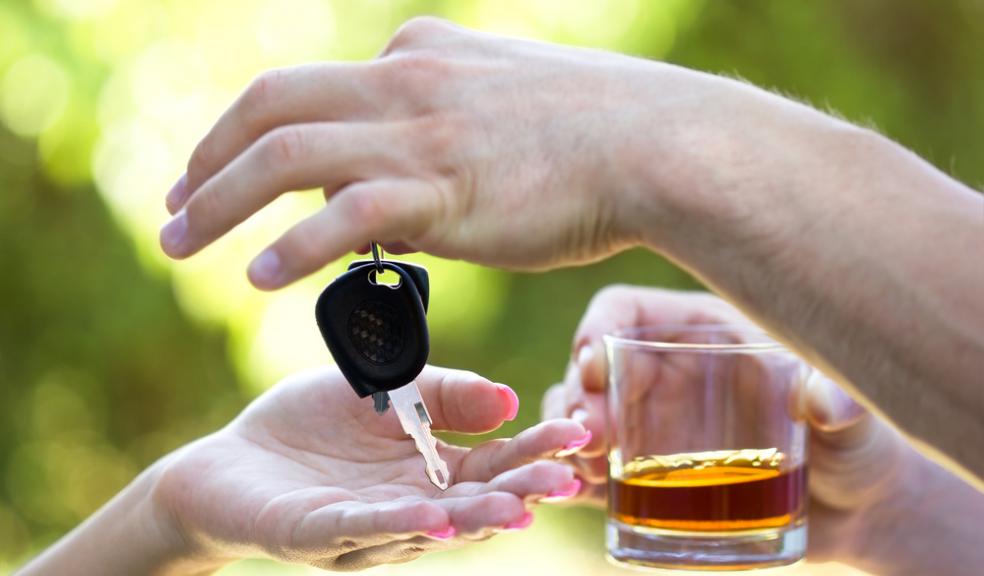
Police launch summer drink drive campaign
Devon & Cornwall Police is warning drivers to be careful this summer, as it launches its annual drink and drug driving campaign.
Despite long term reductions, drink driving still accounts for 15% of road deaths and almost 10,000 casualities annually.
Throughout the month-long operation, police will be emphasising these messages with motorists across the Force, and drivers can expect to be tested if they are involved in a collision or if stopped for an offence. Routine stop checks will also result in drivers being tested.
The campaign aims to raise awareness of the social and personal consequences of being caught drink or drug driving. Whilst many hear of the risks around driving whilst under the influence and the devastating consequences of involvement in a collision with death or serious injury resulting, there are social consequences as well. Losing your driving licence, potential loss of employment and even your home can all occur.
Inspector Andrew Hamilton, Head of the Devon and Cornwall Police Serious Collisions Investigation Unit, said: “Those convicted of drink driving can expect to be banned for at least 12 months, receive a fine of up to £5,000 and/or six months in prison. Collisions resulting in a fatality, where the driver is under the influence of alcohol can carry a penalty of up to ten years in prison.
“Alcohol can remain in the system for a long time after you’ve had your last drink, something many of those who drive the morning after don’t count on or realise. If anyone is working the morning after or driving early, please drink responsibly the day before – if at all – and be aware of the perils of driving the morning after.
“We are particularly interested in getting our message out to younger drivers, who may be tempted to think that they remain able to stay in control. Our evidence shows they are more likely to take unnecessary risks.
“Statistics show that male drivers under 25 years of age are more likely to fail a breath test and drivers with an alcohol plus drugs combination represents the greatest risk being 23 times more likely to be involved in a crash than an unimpaired driver.”
Recent changes to the drink/drug driving laws have seen the abolition of the statutory option to substitute a breath specimen reading under 51mg for a blood specimen. Therefore, any drivers who have a reading under this will not be able to request a blood specimen instead.
If you have any information about drink/drug driving in your area, please call the police on 101, email 101@devonandcornwall.police.uk or in an emergency always call 999.
Alternatively you can call the charity Crimestoppers anonymously on 0800 555 111 or via www.crimestoppers-uk.org.











